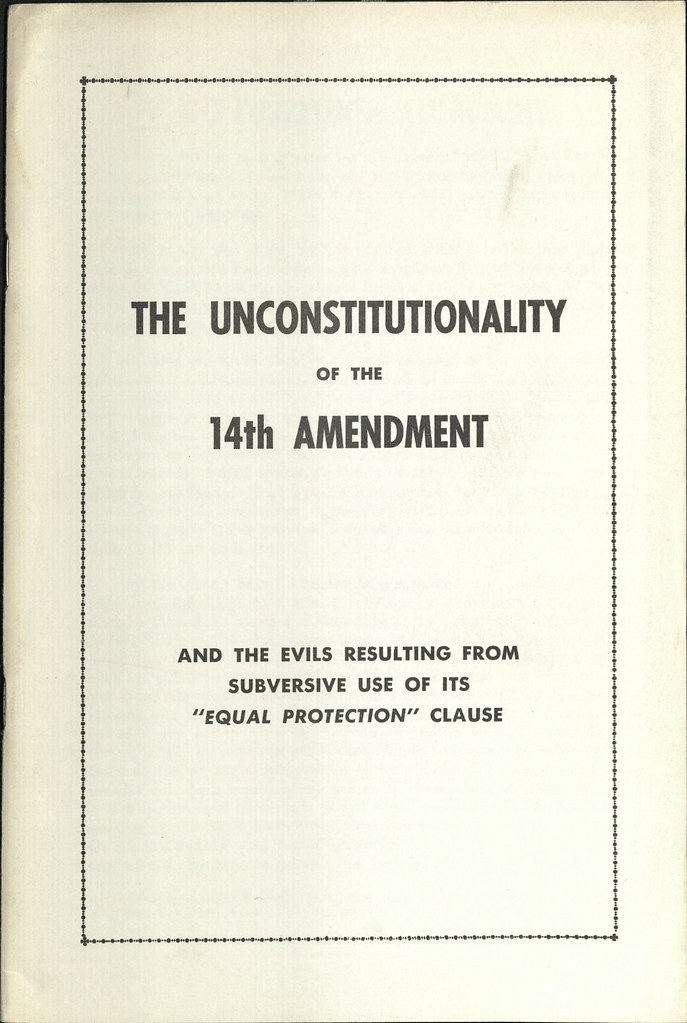Former U.S. President Donald Trump has reignited the debate on birthright citizenship, vowing to challenge the constitutional guarantee provided under the 14th Amendment. While his statements have sparked significant discussion, legal experts argue that removing birthright citizenship would require a complex constitutional amendment process.
What is Birthright Citizenship?
Birthright citizenship, enshrined in the 14th Amendment, guarantees citizenship to nearly everyone born on U.S. soil, regardless of their parents’ immigration status. This provision, known as the Citizenship Clause, states:
“All persons born or naturalized in the United States, and subject to the jurisdiction thereof, are citizens of the United States and of the state wherein they reside.”
This clause was initially designed to grant citizenship to freed slaves after the Civil War. Over time, it has been broadly interpreted to include children born to undocumented immigrants, with limited exceptions such as children of foreign diplomats.
Trump’s Push to End Birthright Citizenship
Donald Trump has consistently voiced opposition to the concept of birthright citizenship. During his first presidential campaign in 2015 and later as president in 2018, he vowed to eliminate it, referring to it as a “magnet” for undocumented immigration. Recently, Trump reiterated this promise as part of his 2024 campaign agenda, pledging to end automatic citizenship for children born to non-citizen parents on U.S. soil.
In a recent interview, Trump suggested he might pursue this through executive action, sparking renewed controversy and legal debates.
Can an Executive Order End Birthright Citizenship?
Legal experts overwhelmingly agree that birthright citizenship cannot be abolished through an executive order.
Jeffrey Hoffman, a professor at the University of Houston Law Center, argues that any attempt to change the 14th Amendment via executive action would face immediate legal challenges. Hoffman highlights that the phrase “subject to the jurisdiction thereof” includes virtually everyone born in the U.S., regardless of their parents’ immigration status, except for children of diplomats.
Furthermore, such an executive order could violate:
- The 14th Amendment, which guarantees citizenship.
- Article II of the Constitution, which requires the president to faithfully execute existing laws.
- Denaturalization laws, which prohibit arbitrary revocation of citizenship.
The Legal Path to Amend the 14th Amendment
To effectively end birthright citizenship, Trump or any other leader would need to amend the Constitution—a process that is intentionally arduous:
- Congressional Approval: Two-thirds of both the House and Senate must approve the amendment.
- State Ratification: Three-fourths of state legislatures (38 out of 50 states) must ratify the proposed amendment.
This lengthy and politically challenging process makes it unlikely that birthright citizenship will be repealed anytime soon.
The Historical Importance of the 14th Amendment
The 14th Amendment overturned the controversial 1857 Supreme Court decision in Dred Scott v. Sandford, which denied U.S. citizenship to African Americans. It introduced birthright citizenship, ensuring that anyone born in the U.S. has equal legal rights and protections.

Over time, the amendment has been a cornerstone of civil rights, extending critical protections like:
- Due Process Clause: Ensuring no person is deprived of life, liberty, or property without legal proceedings.
- Equal Protection Clause: Mandating that all individuals, regardless of race or background, receive equal protection under the law.
Arguments For and Against Birthright Citizenship
Proponents of birthright citizenship argue that it:
- Upholds the core values of equality and inclusivity.
- Prevents the creation of a stateless underclass of children born in the U.S. but denied citizenship.
- Maintains legal clarity by granting automatic citizenship without ambiguity.
Critics, including Trump, claim it:
- Encourages illegal immigration.
- Creates an unfair advantage for children of undocumented immigrants.
- Is outdated in a modern immigration context.
Implications of Ending Birthright Citizenship
Ending birthright citizenship could have profound consequences, including:
- Statelessness: Children born to undocumented immigrants in the U.S. might lack citizenship in any country.
- Legal Confusion: Determining citizenship would become a bureaucratic nightmare.
- Economic Impact: Undocumented immigrants’ children contribute to the workforce and economy, and their exclusion could have long-term consequences.
Conclusion:
The 14th Amendment Stands Firm
While Trump’s statements may galvanize his base, abolishing birthright citizenship faces insurmountable legal and constitutional hurdles. The 14th Amendment has been a cornerstone of American democracy for over 150 years, ensuring equality and justice for all individuals born on U.S. soil.
Efforts to dismantle it, whether through executive orders or legislation, are unlikely to succeed. The enduring legacy of the 14th Amendment ensures that birthright citizenship remains a vital part of the American identity.

us online pharmacy
reputable canadian pharmacy online
list of 24 hour pharmacies
canadian pharmacies that ship to usa